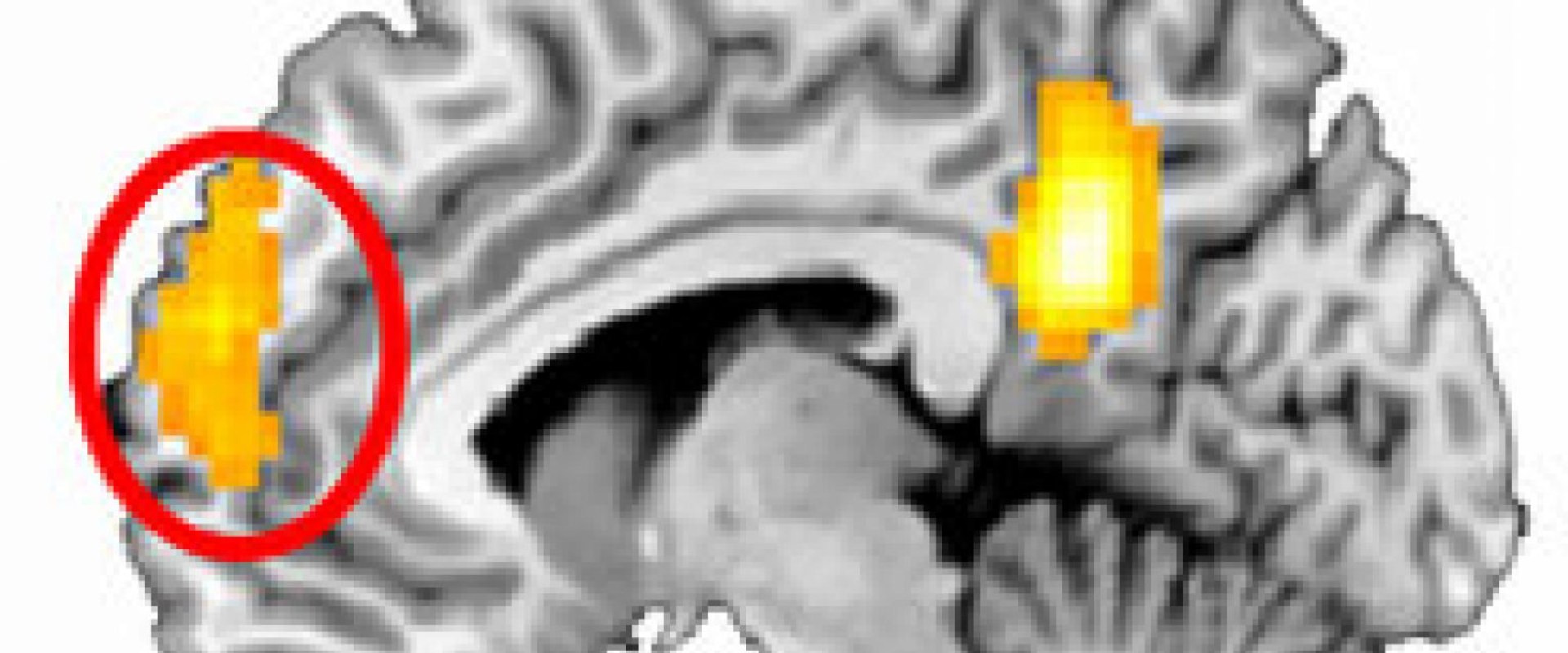Psychology is the study of mind and behavior from a variety of perspectives. One such perspective is mentalism, which focuses on mental processes in. Behaviorism and mentalism are two theories that are learned in a psychology course. Behaviorism is based on observation and empirical evidence, while mentalism is based on pure belief.
Behavioral theory suggests that behavior is simply a conditioned response to certain triggers, or stimuli, that occur regardless of feelings. On the contrary, mentalism is a theory based on the perceived power of thought processes, learned through experience or through learning with an experienced mentalist. Mentalism began as a branch of philosophy, led by intellectual leaders such as René Descartes, Baruch Spinoza and Immanuel Kant. These people wanted to get to the heart of human thought processes and explain the general meaning of thinking through the application of systematic logic.
Modern performance mentalism actually uses both the classical psychology of mentalism and behaviorism to help the performer “read the mind of his subject through observation and intimate knowledge of how the mind works. Mentalism is a part of the field of magic that states that phenomena in the physical and psychological spheres are performed by magicians who supposedly possess highly developed intuitive and mental powers. A mentalist can perform a variety of tricks that convince the audience that she has extreme mental powers.


